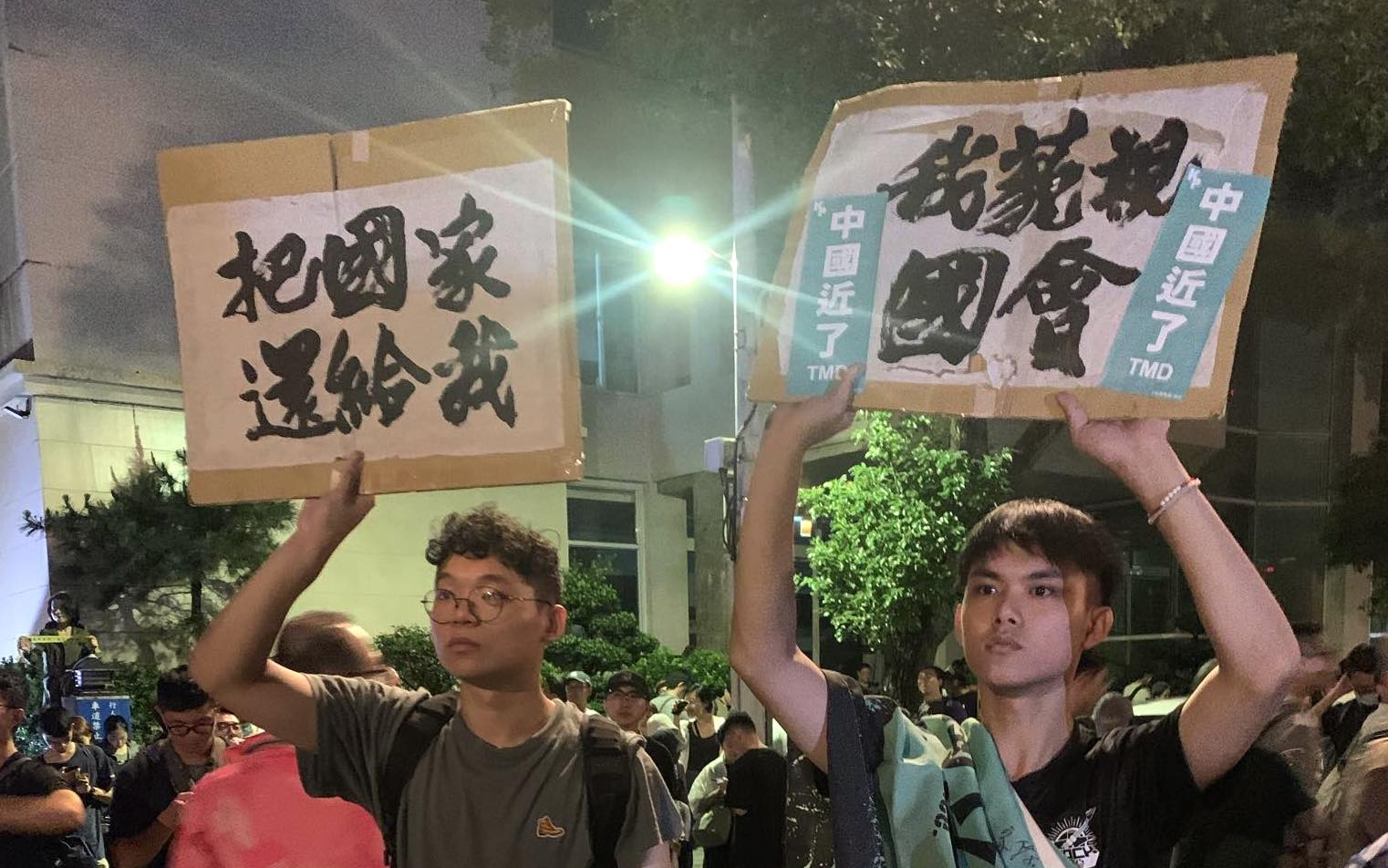



In a significant turn of events, Ko Wen-je, the former mayor of Taipei and leader of the Taiwan People’s Party (TPP), was detained on August 31, 2024, as part of a corruption investigation linked to a property development project during his tenure from 2014 to 2022. Initially, the Taipei District Court ordered his release due to insufficient evidence; however, this decision was later overturned by the High Court, which cited testimonies indicating Ko's active involvement in the alleged corruption. The case revolves around purported payments exceeding NT$20 billion (approximately US$623.6 million) to a property developer [944d7fae].
Ko has vehemently denied any wrongdoing, claiming that he is a victim of unfair judicial treatment. The scandal has plunged the TPP into a crisis of trust, with nearly 70% of the public expressing distrust in Ko. This situation raises concerns about the party's future, as it may struggle to maintain its 5% vote share in the upcoming 2028 elections. Analysts have warned that this could lead to political bankruptcy for both Ko and the TPP, which has seen a decline in support, particularly among young and neutral voters [944d7fae].
The political turmoil surrounding Ko's arrest comes at a time when the ruling Democratic Progressive Party (DPP) is also grappling with its own corruption issues. Recent scandals involving the DPP have allowed the party to regain some public support, further complicating the political landscape in Taiwan. The opposition's attempts to capitalize on the situation may be hindered by the growing distrust in their leadership, especially as the TPP faces internal challenges and public scrutiny [944d7fae].
Adding to the complexity, Taiwan's constitutional court ruled on October 25, 2024, against proposed government oversight reforms, which opposition leaders labeled a 'disgrace' and a 'death of judicial integrity.' This ruling complicates the administration of William Lai Ching-te, who took office on May 20, 2024. The opposition parties, including the KMT and TPP, had pushed for reforms to increase legislative oversight, but the court's decision supports a super-presidential system, undermining checks and balances [34bb9389].
DPP officials praised the ruling, claiming it protects the rights of private entities, yet experts warn that it could weaken legislative power and exacerbate political divides. As opposition scrutiny over government actions intensifies, Lai's political capital may diminish, further complicating the DPP's position in the upcoming elections [34bb9389].
In a related context, protests against a controversial 'contempt of the Legislature' bill proposed by the KMT party have been gaining momentum, with around 100,000 people participating in demonstrations. This bill, which would grant legislators extensive investigative powers, has drawn comparisons to the Sunflower Movement of 2014. The protests reflect a broader concern about democracy and transparency in Taiwan's political system, as citizens express their discontent with both the ruling and opposition parties [dc5aab46] [cadcf3e9].
The evolving political dynamics in Taiwan highlight a critical period for both the TPP and the DPP, as they navigate public sentiment and the implications of corruption allegations and judicial rulings. The outcome of these events may significantly influence the political landscape leading into the next election cycle, as voters reassess their trust in the current political parties and their leaders [dc5aab46].